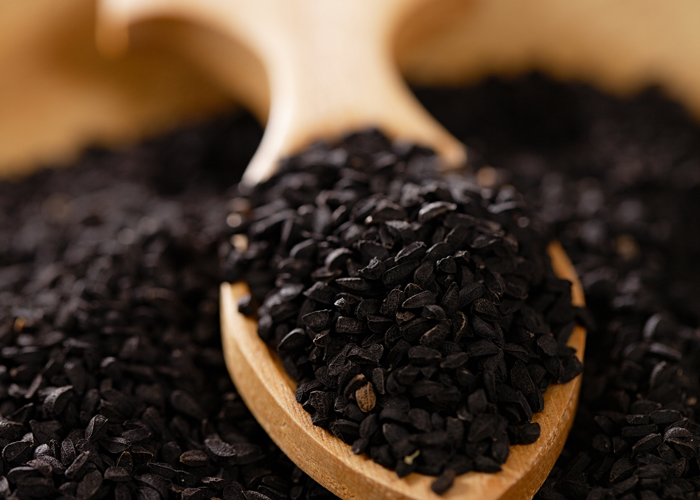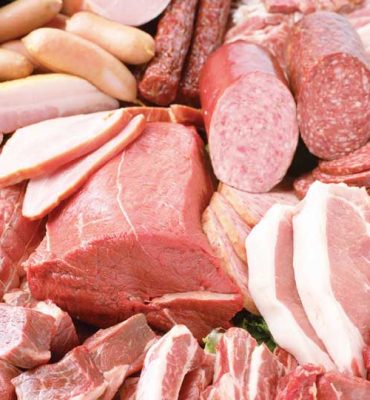Halal is an Arabic word meaning lawful or permitted. The opposite of halal is haram, which means unlawful or prohibited. Halal and haram are universal terms that apply to all facets of life but this discussion will be limited to food products, meat products, cosmetics, personal care products, pharmaceuticals, food ingredients, and food contact materials.
While many things are clearly halal or haram, there are some things which are not clear. Further information is needed to categorize them as halal or haram. Such items are often referred to as mashbooh, which means doubtful or questionable.
All foods are considered halal except the following sources:
- Swine/Pork and its by-products
- Animals NOT properly slaughtered according to Islamic method or dead before slaughtering
- Alcoholic drinks and intoxicants
- Carnivorous animals and birds of prey
- Blood and blood by-products
Foods contaminated with any materials from above categories
Foods containing ingredients such as gelatin, enzymes, emulsifiers, and flavors are questionable (mashbooh), because the origin of these ingredients or components thereof, may be haram
Meat and poultry should be processed according to Islamic requirements. This is commonly referred to as Zabiha or Dhabiha. Zabiha refers to slaughtering of an animal or bird by a Muslim according to Islamic requirements.



















